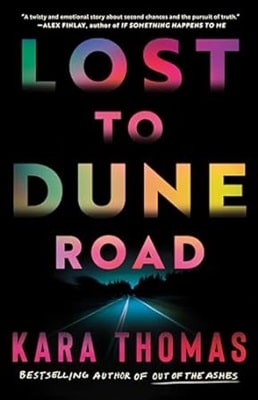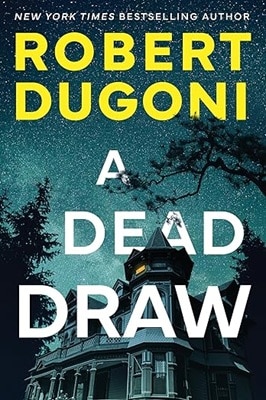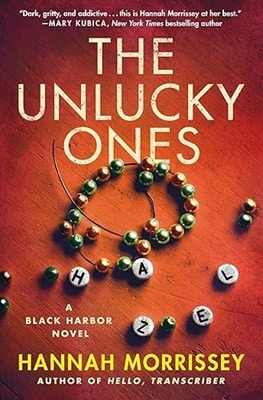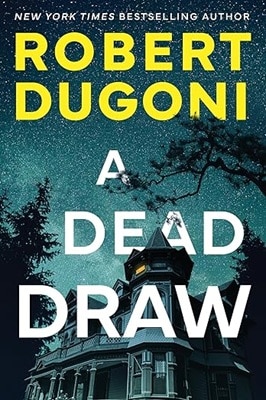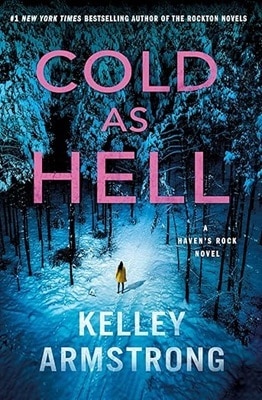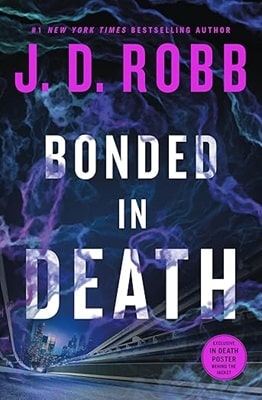
May 6, 2024
Q&A
Kara Thomas
Kara Thomas is the author of the YA novels The Darkest Corners, Little Monsters, The Cheerleaders, That Weekend, and The Champions, as well as the adult novels Out of the Ashes and Lost to Dune Road. She lives on Long Island with her husband, son, and rescue cat, where she spends way too much time on Reddit Unresolved Mysteries trying to solve cold cases.
Q. You’re a self-proclaimed true crime fanatic. What was it about the Gilgo Case that inspired you to write Lost to Dune Road?
Kara: I remember very clearly when the bodies at Gilgo Beach were found– I live not far from the area, and everyone was freaked out by the prospect of a serial killer in our midst. However, when police revealed that the victims were sex workers, the tone in the media changed. The women became salacious headlines, and rumors about the killer’s identity were out of control– throw in a corrupt Chief of Police who eventually went to prison, and it makes sense why the families of the victims felt that law enforcement were not doing all they could to find the killer. I never wanted to fictionalize the case and play into the more sensational aspects– I was inspired more by the resilience and frustration of the families who never gave up trying to keep the murders in the spotlight to get justice for their loved ones.
Q. Tell us about Long Island as the setting, and what’s unusual or surprising about setting a crime novel there?
Kara: I don’t think anyone who is familiar with the Gilgo Murders will find the setting surprising. Despite living on Long Island all my life, this is my first novel that is entirely set here– I think Long Island makes such a compelling setting for a crime novel because Long Island itself is a series of dichotomies. In such a small surface area, you have immeasurable wealth and glittering beaches on one end– the Hamptons– and on the other, densely populated areas where drugs, gangs, and poverty are the day-to-day reality for many people. I wanted to show how solving a crime meant Lee had to navigate both of these worlds and deal with the implications of them colliding– what happens when a girl from the “wrong” side of the tracks disappears from the richest zip code on the island?
Q. You’ve mentioned in previous interviews about your concern for how victims are treated by law enforcement. What can you tell us about that, and how did you address this in your book?
Kara: I can’t recommend Robert Kolker’s brilliant book LOST GIRLS enough– he interviewed the families of the victims and law enforcement and put together a devastating picture of how vulnerable individuals can become lost, physically and metaphorically. Lost to Dune Road is not meant to be an indictment of those detectives and investigators who worked tirelessly to bring the Gilgo killer to justice, because I know there were many of them. But the unfortunate reality is that when many of the women were reported missing, police did not consider them victims of a crime until their bodies were found. In the book, I wanted to confront my own internal biases about who makes a “worthy” victim.
Q. What was it like writing from the perspective of a journalist? Especially for character of Lee Ellerin, who’s a reporter trying to redeem herself and save her reputation.
Kara: It was challenging for me, since I have never worked as a journalist. I did a lot of research into the role of an investigative journalist, and also into the mental impacts of being publicly “canceled.” Lee loses her job because she doesn’t properly vet a source, resulting in a story that inadvertently leads to the suicide of a suspect in the case. I knew that Lee’s redemption arc had to involve addressing her guilt and her role in a man’s death, all the while grappling with the lingering doubt that she was right, on some level, about his involvement in Jenna’s murder.
Q. How do you plot out your mysteries? Can you give us a few insights into your creative process?
Kara: I always describe my process as constructing a Jenga tower. I always work from the bottom, or the ending– it is impossible to plot a mystery without knowing who did the crime, and why. From there, I have to build out the twists and turns and make sure they stack up properly. If you remove one key element, the whole story can collapse. I’ve had to embrace outlining, for this reason, to keep all of my threads straight and ensure they come together at the end in a satisfying way.
Q. Are you working on another crime novel, and if so, can you give us a preview?
Kara: My next novel will be my return to YA– The Champions, the sequel to The Cheerleaders, will be out August 27th. The Champions follows a budding journalist who uncovers a deadly scandal involving her school’s nationally ranked football team.

